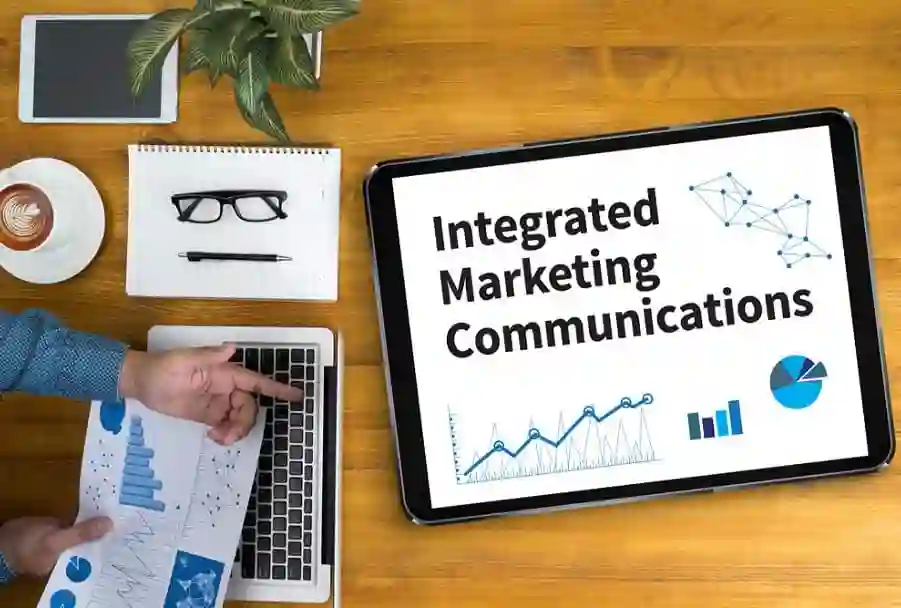In today’s rapidly evolving business landscape, ethical considerations and sustainability have become paramount for companies seeking long-term success. Integrated Marketing Communications (IMC), the strategy of coordinating various marketing channels to convey a consistent message, is no exception. In this article, we will explore the critical role that ethics and sustainability play in IMC and how businesses can thrive by aligning their marketing efforts with ethical and sustainable practices.
Ethical Foundations in IMC
1. Honesty and Transparency
First and foremost, honesty and transparency are the cornerstones of ethical IMC. It is essential for businesses to convey accurate information about their products and services to consumers. Misleading or deceptive advertising not only damages a company’s reputation but can also lead to legal consequences.
2. Consumer Privacy
Respecting consumer privacy is another ethical imperative. Companies must handle customer data with care and comply with data protection laws. Transparency in data collection and use helps build trust with customers.
3. Fair Competition
Ethical IMC extends to competition as well. Companies should compete fairly in the market, refraining from practices that harm competitors or undermine the principles of healthy competition. Unfair tactics can lead to public backlash and regulatory scrutiny.
Sustainability in IMC
1. Environmental Responsibility
Sustainability in IMC encompasses environmental responsibility. Companies must consider the environmental impact of their products and operations. Communicating eco-friendly practices can resonate positively with environmentally conscious consumers.
2. Social Responsibility
Sustainability also extends to social responsibility. Companies should engage in practices that promote social good, such as supporting local communities, promoting diversity and inclusion, and ensuring fair labor practices.
3. Long-Term Perspective
Sustainability in IMC involves a long-term perspective. Companies should not focus solely on short-term gains but consider the broader consequences of their actions on society and the planet. Sustainable practices often lead to enduring success.
Benefits of Ethical and Sustainable IMC
1. Enhanced Reputation
One of the most significant benefits of ethical and sustainable IMC is an enhanced reputation. Consumers are increasingly mindful of the ethical and environmental impact of their purchases. Companies that demonstrate a commitment to these values can earn the trust and loyalty of their customers.
2. Competitive Advantage
Ethical and sustainable IMC can provide a competitive advantage. In a crowded marketplace, businesses that differentiate themselves through ethical practices and sustainability initiatives can stand out and attract a broader customer base.
3. Regulatory Compliance
Adhering to ethical and sustainable IMC practices ensures regulatory compliance. Non-compliance can result in fines, legal issues, and reputational damage. It is more cost-effective to operate within ethical boundaries from the outset.
Challenges in Implementing Ethical and Sustainable IMC
1. Cost Considerations
One challenge businesses face in implementing ethical and sustainable IMC is the initial cost. Eco-friendly products or fair labor practices may require higher upfront investments. However, the long-term benefits often outweigh the initial expenses.
2. Balancing Profit and Purpose
Finding the right balance between profit and purpose can be challenging. Companies must prioritize ethical and sustainable practices while also meeting their financial goals. Striking this balance is critical for sustained success.
3. Measuring Impact
Measuring the impact of ethical and sustainable IMC efforts can be complex. It may not always yield immediate, quantifiable results. However, companies should track and report on their sustainability initiatives to demonstrate their commitment to stakeholders.
Best Practices for Ethical and Sustainable IMC
1. Set Clear Ethical Guidelines
Establish clear ethical guidelines for all marketing activities. Ensure that all employees understand and adhere to these guidelines to maintain consistency in messaging.
2. Incorporate Sustainability Into the Brand Identity
Integrate sustainability into your brand identity. Make it a core part of your company’s values and mission. This ensures that sustainability is not merely a marketing tactic but a genuine commitment.
3. Engage with Stakeholders
Engage with stakeholders, including customers, employees, and suppliers, to gather input on ethical and sustainable initiatives. Involving these groups in decision-making can lead to more meaningful and effective strategies.
4. Monitor and Report Progress
Regularly monitor the progress of your ethical and sustainable initiatives. Provide transparent reports to stakeholders, showcasing your achievements and areas for improvement.
IMC and digital marketing
Integrated Marketing (IMC) and digital marketing are two vital components of a comprehensive marketing strategy. While IMC focuses on coordinating messages across various channels, digital marketing leverages online platforms for targeted reach and engagement. Together, they create a cohesive and effective marketing approach.
The Path to Sustainable Success
Ethics and sustainability have become integral to successful IMC strategies. Businesses that prioritize honesty, transparency, and sustainability not only do well in terms of reputation but also have a competitive edge in the market. While challenges exist, the long-term benefits of ethical and sustainable IMC are well worth the effort.
To thrive in today’s business environment, companies must recognize that doing well and doing good are not mutually exclusive. In fact, ethical and sustainable IMC can pave the way for sustainable success, benefiting both the company and society at large. By aligning marketing efforts with ethical and sustainable practices, businesses can build trust, foster loyalty, and create a positive impact on the world.

